Vice-President Constantino Chiwenga, who was commander of the Zimbabwe Defence Forces (ZDF) during the 2017 ouster of the late former president Robert Mugabe, has for the first time admitted that the military intervention was a coup, according to a confidential report he presented to the Zanu-PF presidium and politburo last month.
In the document, dated September 17, 2025, Chiwenga openly describes the events of November 2017 as a deliberate move to remove Mugabe from power. Addressing President Emmerson Mnangagwa and the party's top leadership, he wrote:
"Comrade President, we undertook Operation Restore Legacy with a sacred mandate: to reclaim our nation from the jaws of corruption and to restore the dignity, prosperity, and sovereignty of Zimbabwe for its people.
In November 2017, we took a bold and necessary step to remove former President Robert Mugabe from power."
Chiwenga justified the military's actions by accusing Mugabe of attempting to manipulate the Constitution for personal gain, allowing his family and close associates to abuse executive authority, and ignoring the suffering of ordinary citizens while a "corrupt elite looted with impunity."
The vice-president's admission marks a significant correction to Zimbabwe's official narrative of the 2017 events. At the time, the military repeatedly denied staging a coup, describing its actions as a "military-assisted transition" aimed at targeting "criminals" surrounding Mugabe rather than removing him.
On November 15, 2017, armoured tanks rolled into Harare as soldiers seized the state broadcaster, blocked access to government offices, and placed Mugabe under house arrest at his Blue Roof mansion in Borrowdale. While the army claimed Mugabe was "safe and sound," the reality was that power had shifted decisively from civilian to military hands.
After days of pressure from the army, the ruling Zanu-PF party, and massive street demonstrations, Mugabe eventually resigned on November 21, 2017, ending his 37-year rule. His former deputy, Emmerson Mnangagwa, who had fled the country two weeks earlier after being fired, returned to assume the presidency.
Although the international community and many analysts recognised the takeover as a coup, the military and government sought to preserve a veneer of legality. The High Court later ruled that the military's intervention was constitutional. On November 25, 2017, Justice George Chiweshe declared the army's actions "lawful," citing Section 212 of the Constitution, which empowers the defence forces to protect the nation and its institutions.
That ruling was upheld in July 2018 by Chief Justice Luke Malaba, who confirmed the decision in chambers without hearing counterarguments. Critics condemned both rulings as attempts to retroactively legitimise an illegal seizure of power, warning that they set a dangerous precedent for military involvement in civilian governance.
Legal experts argued that Zimbabwe's courts had relied on the controversial Dosso doctrine, first applied in Pakistan to justify unconstitutional takeovers under the guise of necessity. Human rights advocates described the judiciary's role as a "rubber stamp for treasonable conduct."
Even Mugabe himself, speaking to journalists in March 2018, described the events as a "thorough coup d'état" and called for Zimbabwe's return to constitutional order.
Chiwenga's admission now provides the clearest acknowledgment from within the ruling establishment that the 2017 operation was indeed a coup. His statement is likely to reignite debate about the legality of the transition, the role of the military in Zimbabwean politics, and the long-term implications of an event that reshaped the nation's political landscape.
The vice-president's remarks also come amid renewed factional tensions within Zanu-PF and growing scrutiny of the military's influence in civilian affairs — a reminder that the shadow of November 2017 continues to loom large over Zimbabwe's politics eight years later.
- online
 Chiwenga dossier accuses Tagwirei of looting US$1.9bn
Chiwenga dossier accuses Tagwirei of looting US$1.9bn  ZEP extension faces pushback
ZEP extension faces pushback  'Some very strange things are happening in China!'
'Some very strange things are happening in China!'  Zimbabwe's dollar stock exchange surges 45%
Zimbabwe's dollar stock exchange surges 45%  Gold edges up as traders await guidance
Gold edges up as traders await guidance  Zimbabwe named World's best country to visit in 2025 by Forbes
Zimbabwe named World's best country to visit in 2025 by Forbes  Young Investment Professional (YIP) Graduate Programme 2019
Young Investment Professional (YIP) Graduate Programme 2019 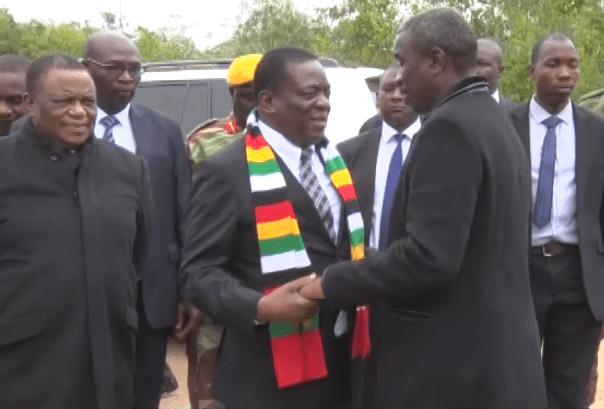
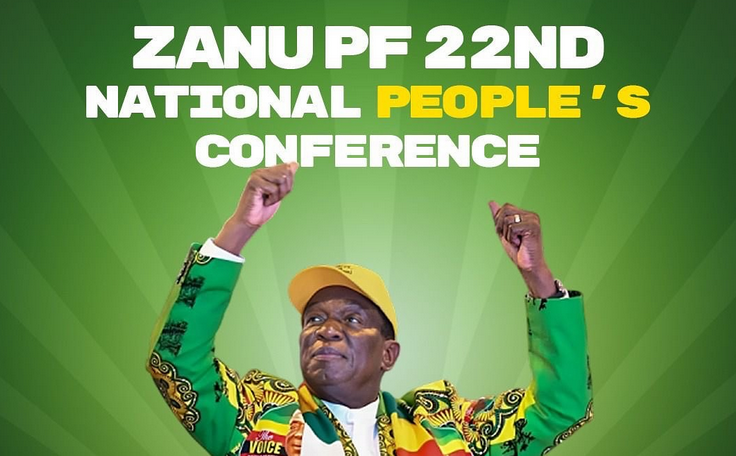
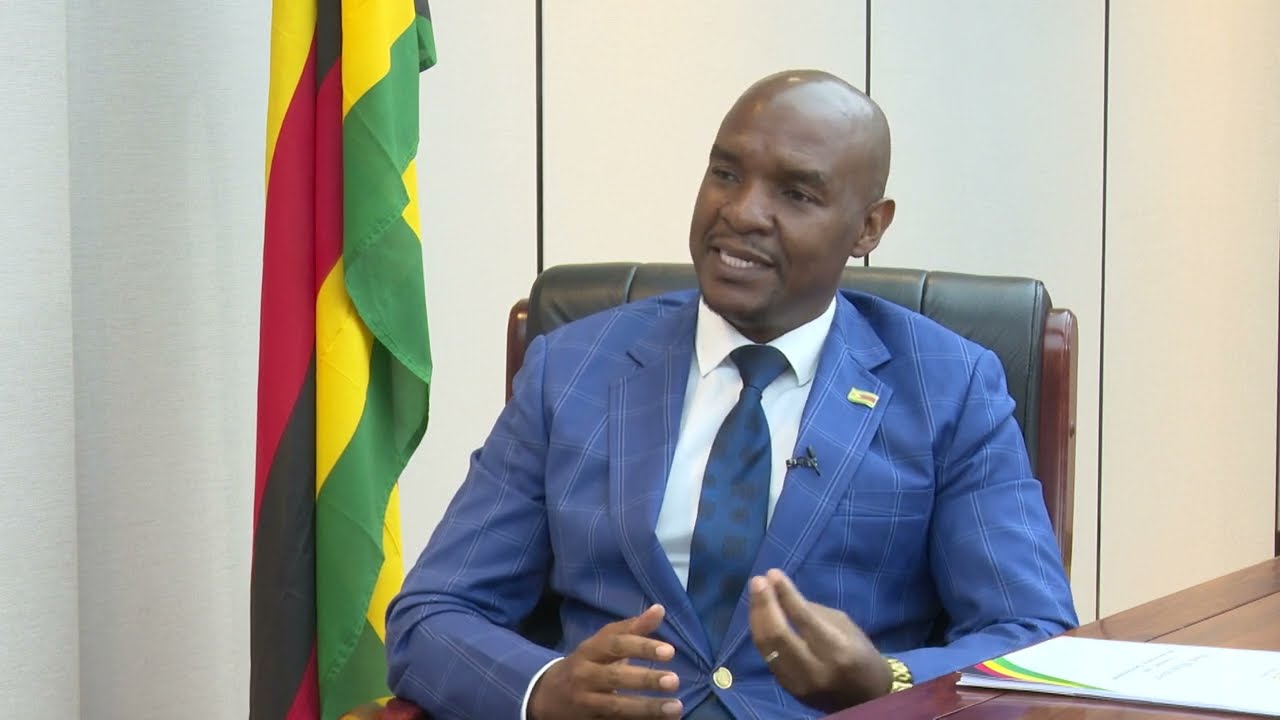
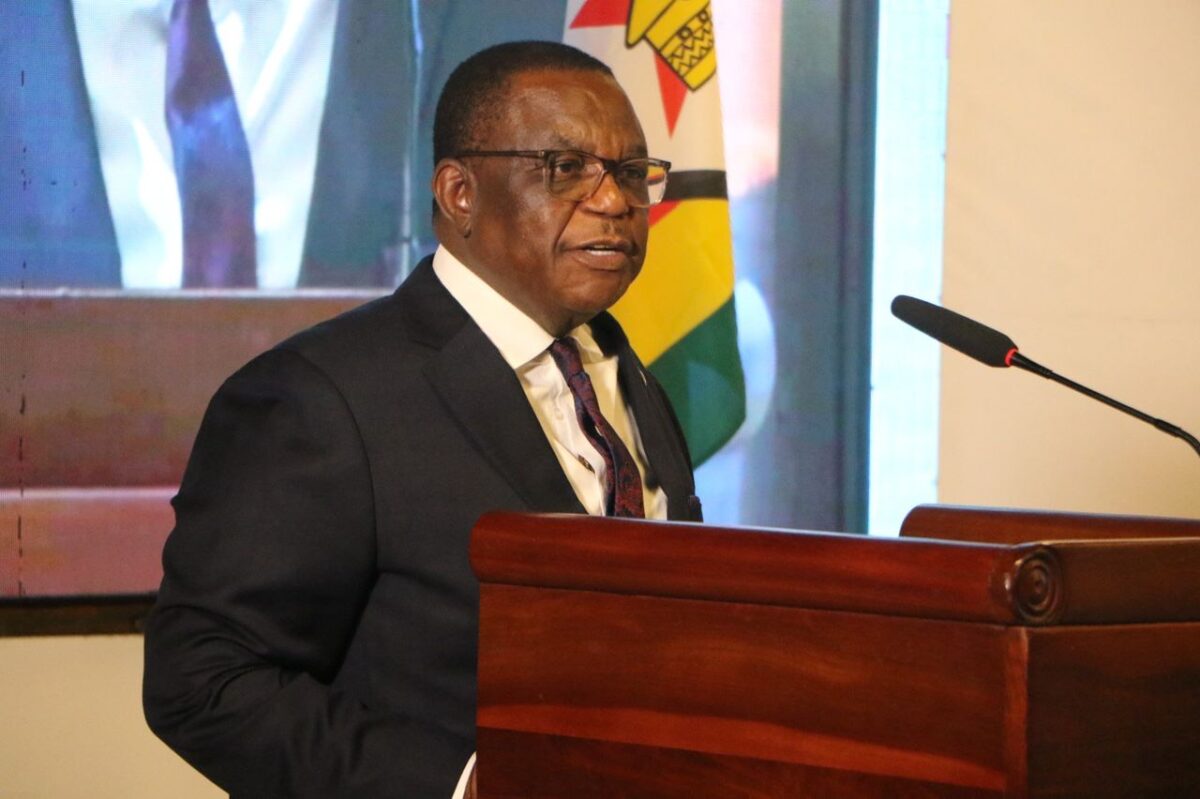
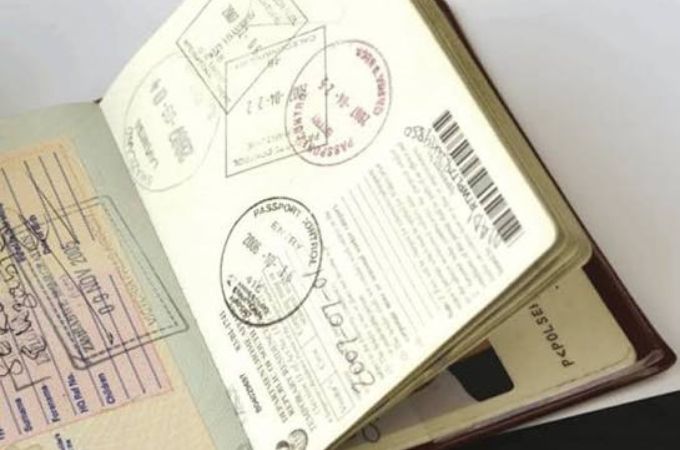
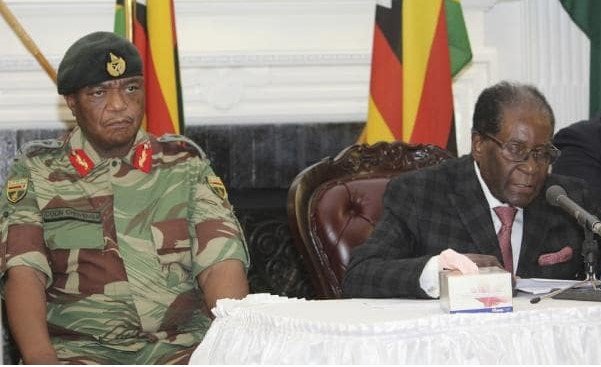
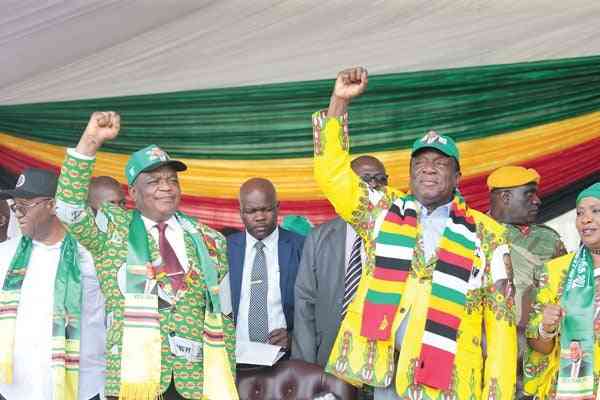
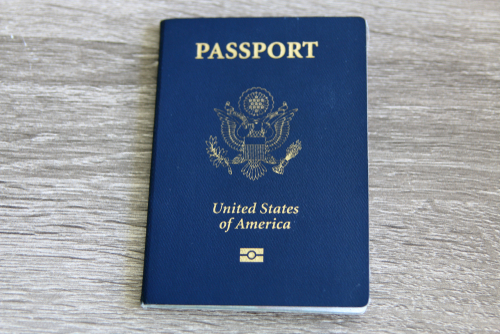
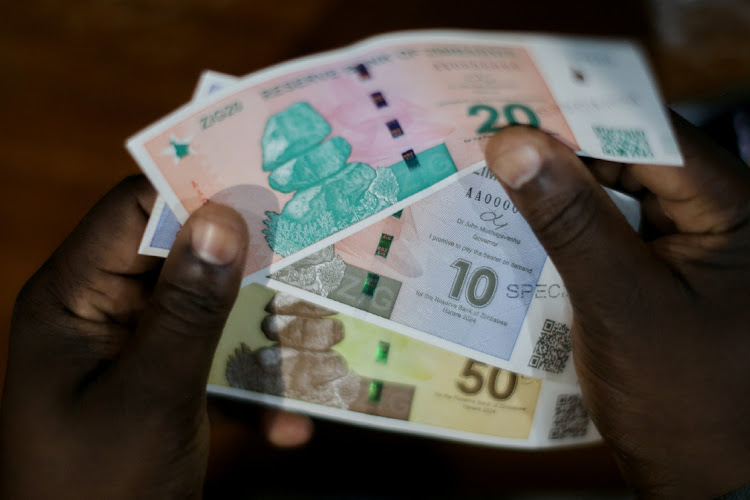
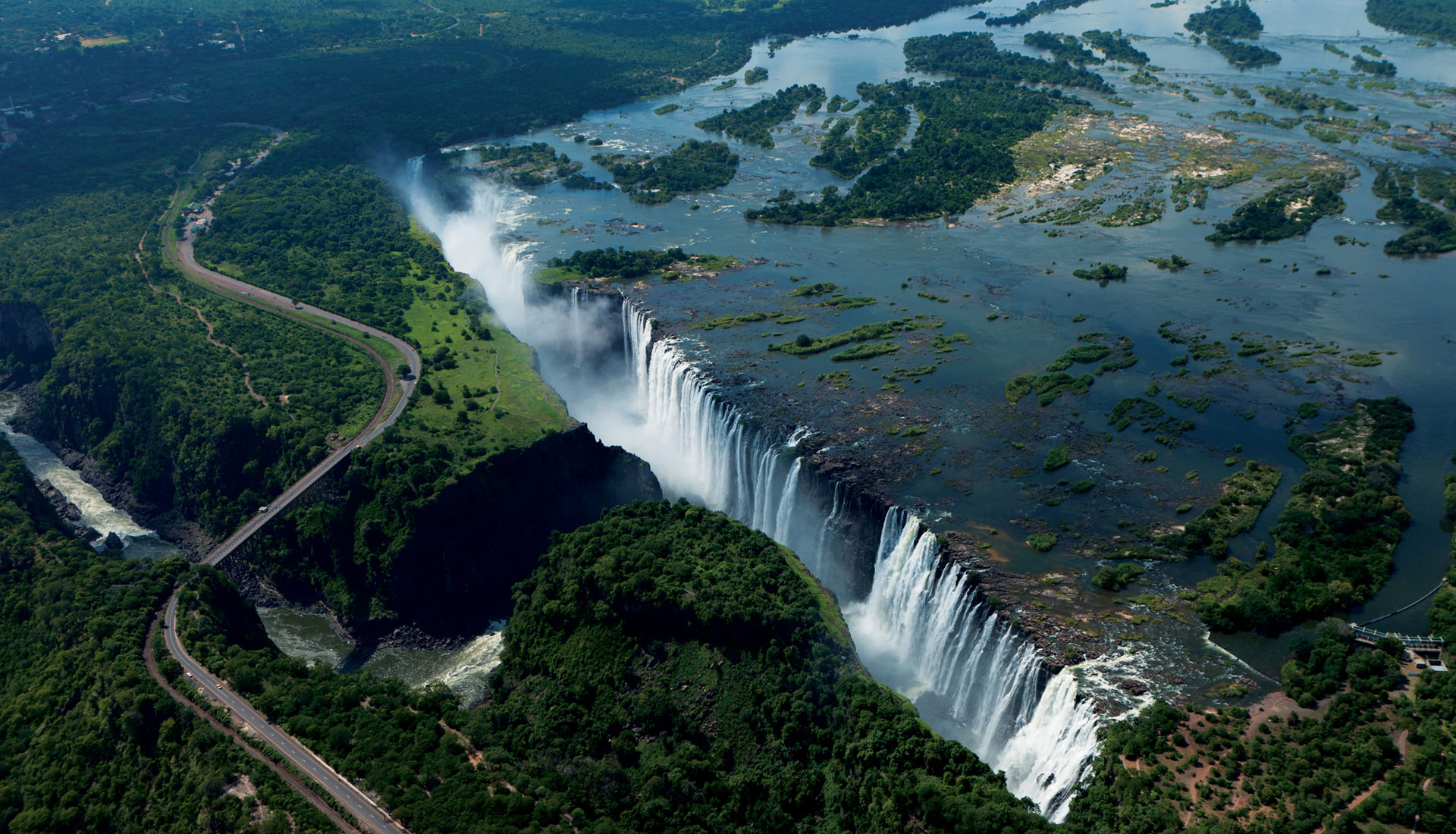

 Young Investment Professional (YIP) Graduate Programme 2019
Young Investment Professional (YIP) Graduate Programme 2019
Editor's Pick